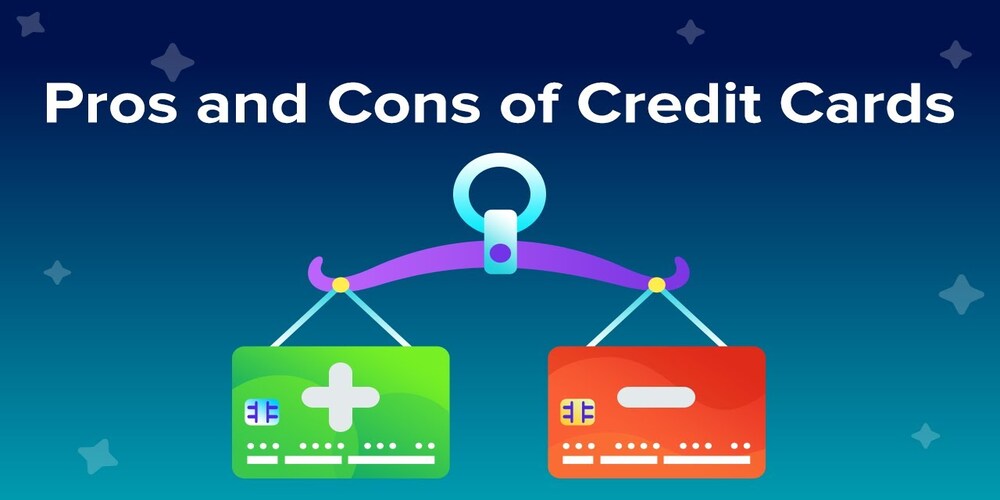Our goal at InstaEMI, a Loan Company happy to provide access to personal loans and education loan, car loan, home loan at competitive interest rates.

A joint credit account is a credit account that is shared by two or more individuals, such as a joint credit card or a joint loan. Here are some pros and cons of a joint credit account and how it affects your credit score:
Pros:
Increased purchasing power: Having a joint account can allow you to qualify for a higher credit limit or loan amount than you would be able to on your own.
Building credit history: A joint account can help you establish a credit history if you don’t have one, or improve your existing credit history.
Co-signing: A joint account can also be useful if one person is unable to qualify for credit on their own, but the other person has good credit.
Cons:
Shared liability: With a joint account, both parties are equally responsible for repaying the debt. If one person fails to make payments, it can negatively affect the credit score of both parties.
Loss of control: A joint account means that both parties have access to the account, so one person may make purchases or incur debt without the knowledge of the other.
Impact on credit score: If the account is not managed properly, it can negatively affect the credit score of both parties.
When it comes to credit score, a joint account is treated like any other credit account. The credit reporting bureaus will list the account on both parties’ credit reports and the payment history will be factored into both parties’ credit scores. Late payments, high balances, and other negative information can lower the credit scores of both parties, while on-time payments and a low balance can help improve them. It’s important to consider these pros and cons before opening a joint credit account, and to communicate and set clear expectations with the other parties involved to minimize any potential negative impact on your credit score.